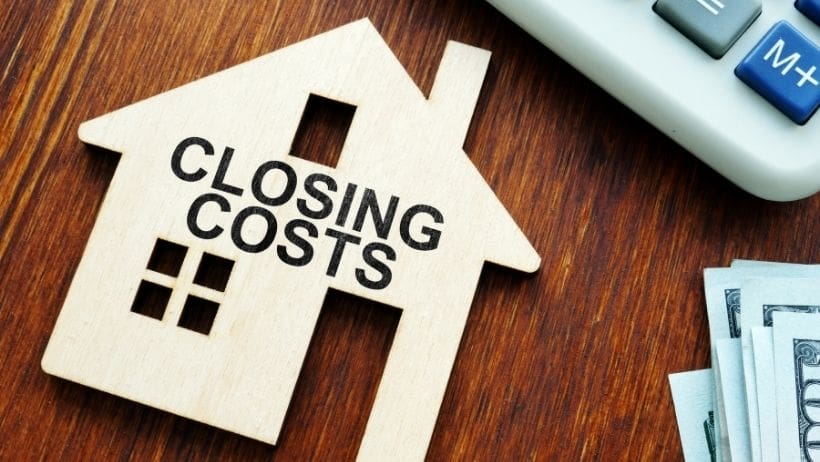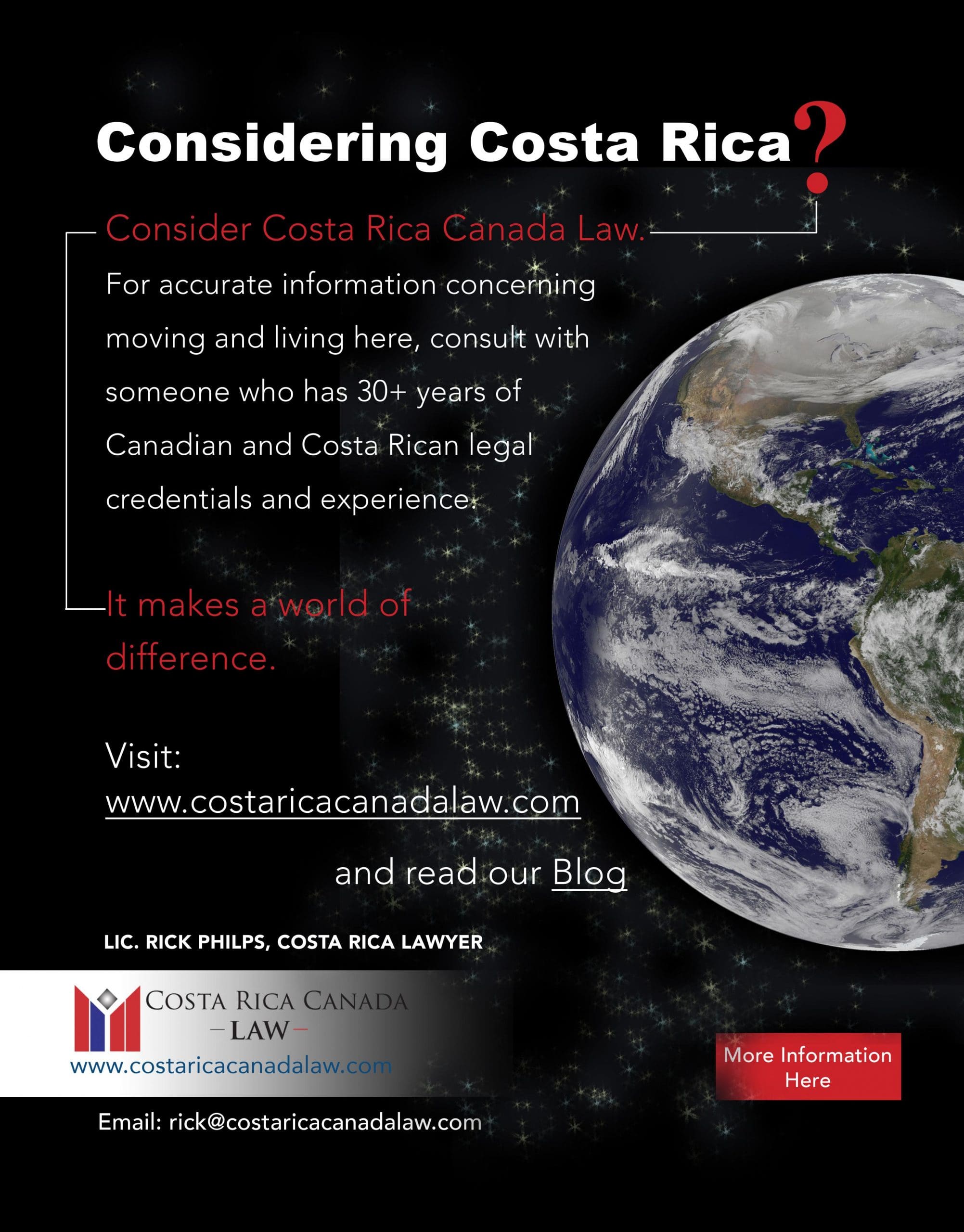
How are Property Purchase Closing Costs Calculated in Costa Rica?
For expats moving to Costa Rica and purchasing a home, it is useful to have ready information available to calculate the amount of funds that will be required for closing on any given property purchase transaction. The exact calculation of closing costs is based on several different formulas that a Costa Rica lawyer or notary public will employ. However, the approximate closing costs calculation is relatively simple for would-be property purchasers to determine for any given purchase transaction.
Calculation of closing costs
Closing costs involve a calculation of government established property transfer taxes, National Registry property title registration stamp fees (timbres), and Value Added Tax (VAT) on lawyer/notary fees. Lawyer/notary fees are established on a sliding scale tariff established by the College of Lawyers, and escrow company fees, based on a tariff calculated on the amount of the funds to be placed in escrow for the purchase.
All of the various closing cost assessments are directly tied to the purchase price of the property, as a percentage of the price, or on a sliding scale basis tied to the purchase price. The exact calculation of these costs is determined by the use of online, pay-for-service, closing cost calculation sites, usually, only accessed by lawyers and notaries involved in real estate transactions.
The easiest way to approximate these costs on a transaction-by-transaction basis by a would-be purchaser is to use 4% of the property purchase price as a reasonably accurate cost calculation guide. Should it be determined that the acquisition of a registered property owning company’s shares, be the most advantageous manner for a purchaser to proceed, the National Registry property title registration stamp fees, amounting to approximately 1% of the property purchase price, may be deducted from this calculation.
It should be noted, the payment of this closing cost amount is customarily shared equally between a purchaser and a seller on a negotiated basis and should be specified in the interim purchase and sale agreement.
My opinion
Often, internet presentations on this subject go into a complex diatribe of the various component parts considered in the calculating of closing costs. While such information may be interesting to some would-be purchasers, most, I believe, are interested in knowing the “bottom line” costs for any given real estate transaction, with as little complication as is possible. The use of 4% of the purchase price approximation of these closing costs is a reasonable and useful manner for the majority of would-be purchasers to proceed on their initial transaction-by-transaction consideration.
Also, various real estate-oriented websites and other internet presentations offer closing cost calculators as part of their information. These calculators may or may not be current in their application, and should be used with caution for such calculations by would-be purchasers.
For more information and answers to your questions on diverse legal topics, visit Costa Rica Canada Law: www.costaricacanadalaw.com

